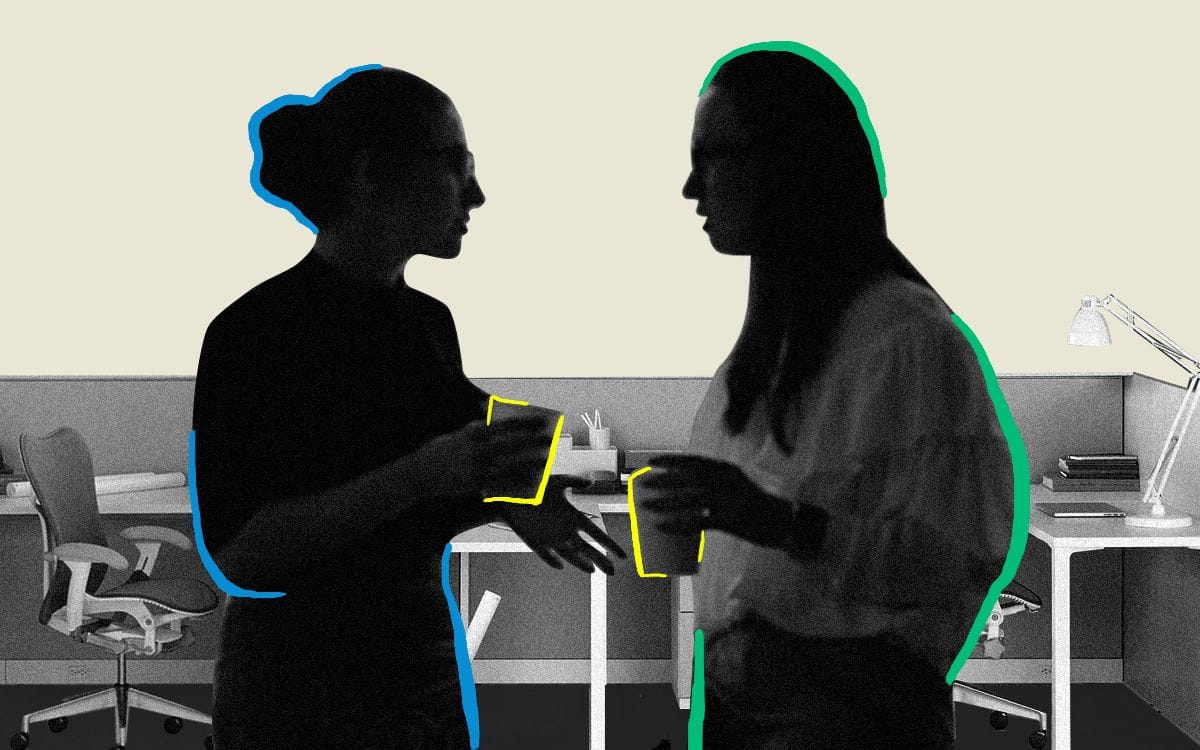Understanding the Signs of Energy-Draining Relationships
Not every friendship is uplifting, and sometimes the people we consider closest to us can become a source of emotional exhaustion. An energy-draining friend often displays behaviors such as constant complaining, monopolizing conversations, or showing little to no interest in your life. The key to recognizing these patterns lies in how you feel after spending time with them. Do you feel supported, or do you leave the interaction feeling drained, anxious, or undervalued? Emotional fatigue caused by these dynamics can impact both mental and physical well-being, leading to increased stress, difficulty concentrating, and even sleep disruptions. For people who want to learn more about how emotions affect health, resources like Mayo Clinic Stress Management provide valuable insights into the connection between relationships and personal wellness.
Strategies to Protect Your Emotional Energy
Once you identify an energy-draining friend, the next step is learning how to protect your boundaries while maintaining self-respect. Direct communication can sometimes resolve misunderstandings if your friend is willing to listen and change their behavior. However, in cases where the draining tendencies persist, it becomes necessary to limit exposure and establish clear boundaries. That might include shortening interactions, reducing messaging frequency, or suggesting activities that shift the focus away from endless emotional venting. Simple lifestyle changes, such as engaging in shared physical activities or meeting in more structured settings, can alter the dynamics of the relationship. For those seeking guidance on healthy social interactions, Mind Mental Health offers useful resources on balancing personal needs with social commitments.
Knowing When to Step Away from Toxic Friendships
There are moments when even the strongest efforts at boundary setting fail, and the healthiest choice is to step away from a draining friendship. While ending a relationship can feel difficult, it is important to prioritize mental and emotional health. Evaluating friendships through a lens of personal growth helps determine whether a connection is supportive or harmful. If every encounter leaves you emotionally depleted, the long-term consequences can outweigh the benefits of staying in the relationship. Making the decision to walk away is not an act of cruelty but of self-preservation. For those navigating this process, Psychology Today Relationships offers articles on evaluating connections and making empowering choices. Additionally, exploring practices such as mindfulness or journaling through platforms like Headspace Meditation can help individuals gain clarity and reinforce resilience when letting go of relationships that no longer serve them.



